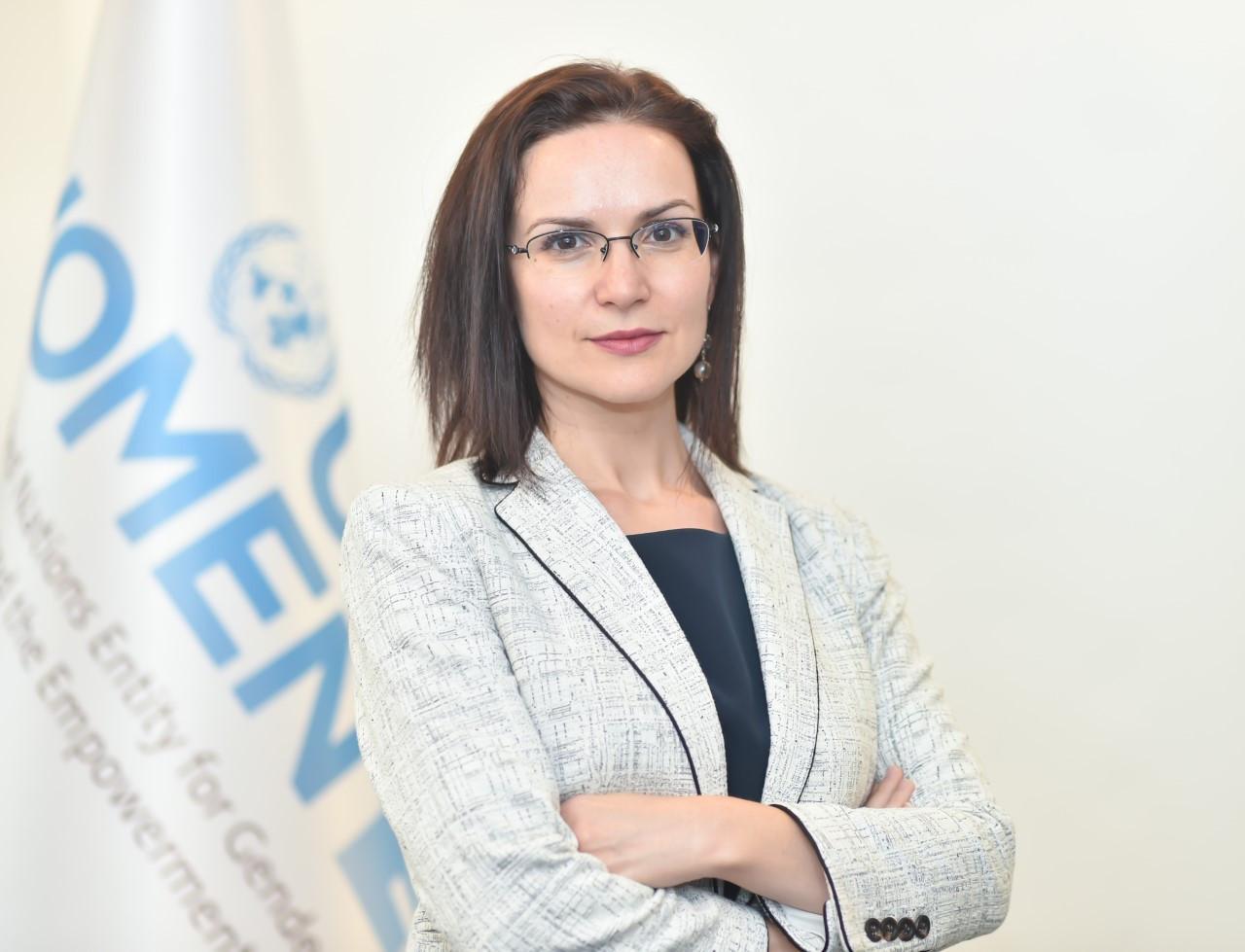
Today is International Women’s Day. As every year, today we celebrate women’s hard-won rights achieved as a result of women’s centuries-old struggle for equality and justice. This day is also a reminder that gender inequalities are still pervasive in all societies. Eradicating these inequalities is possible, but we need to accelerate our efforts. At the current rate, it will take us many more decades to achieve gender equality globally.
While the world is grappling with multiple crises, including wars and conflicts, and recovering from the COVID-19 pandemic, the global climate crisis has begun to affect our lives more than ever before. Natural disasters such as wildfires, floods and drought happen with destructive power and have increased in frequency and intensity. The latest report by the Intergovernmental Panel on Climate Change (IPCC) released a few days ago gives us a stark warning that climate change impacts are larger than estimated previously, causing severe and widespread disruption in nature and in society, and that the window to take action is closing fast.
The climate crisis affects us all but is not gender-neutral. Women and girls, in particular those in vulnerable and marginalized situations, are disproportionately affected due to economic, social and cultural reasons. Women constitute the majority of the world’s poor and are more dependent for their livelihood on natural resources that are threatened by climate change. Worldwide, they have less access than men to resources such as land, credit, agricultural inputs, technology, training and extension services that would enhance their capacity to adapt to climate change. They are also under-represented in decision-making processes related to climate, environmental and disaster risk reduction.
At the same time, women possess unique knowledge and experience, and their equal participation in climate-related governance is critical to effective climate action. A 2019 study found that increasing women’s representation in national parliaments leads to the adoption of more stringent climate change policies, resulting in lower emissions. At the local level, the participation of women in natural resource management is associated with better resource governance and conservation outcomes.
This year we celebrate International Women’s Day by recognizing the contribution of women and girls around the world, who are leading the charge on climate change adaptation, mitigation, and response, to build a more sustainable future for all. Under the theme “Gender equality today for a sustainable tomorrow,” today we are once again raising the importance of gender-responsive climate action for achieving an equal and just future. Within this context, the 66th Commission on the Status of Women convening on March 14-25 will focus on gender equality and women’s empowerment in the context of climate change, environmental and disaster risk reduction policies and programs.
By ratifying the Paris Agreement, Turkey took an important step in climate action. There are many women and girls in Turkey who are advocating for climate justice and are effective and powerful leaders and change-makers to address climate adaptation, mitigation and solutions. Women farmers, producers and cooperatives have increasingly taken up sustainable practices. Women’s groups and civil society organizations have deep knowledge of community needs and priorities and are key to combating climate change and environmental degradation, reducing disaster risk and building resilience at all levels. As Turkey develops its national legislation and policies to implement the Paris Agreement, integrating the perspectives of women and ensuring their leadership and equal participation in decision-making processes will make these policies more effective and will benefit all without leaving anyone behind.
For sustainable tomorrow we need to hear the voices of those who have the knowledge and wisdom and we can take inspiration from women and girls pushing for progress in every sphere and every corner of our globe. In that framework together with U.N. Women’s recently announced National Goodwill Ambassador Demet Evgar, a well-known actress, we launched #BenKadınım #IamaWoman Campaign. With this campaign, we encourage women and girls to take a stand and share their stories of what does being a woman mean. Our goal is to create a circle of solidarity woven by women’s words. Followed by the hashtag #BenKadinim, women from all around Turkey will tell what they want about themselves, their demands, their rights, their dreams, diverse experiences and solutions. We will collaborate with Evgar to make their voices heard and their real-life stories visible, to take us one step closer to a more inclusive, just and equitable future. Today, we should especially be able to say, “#Iamawoman, I have a voice in climate action.”
*Asya Varbanova is the country director of U.N. Women Turkey.